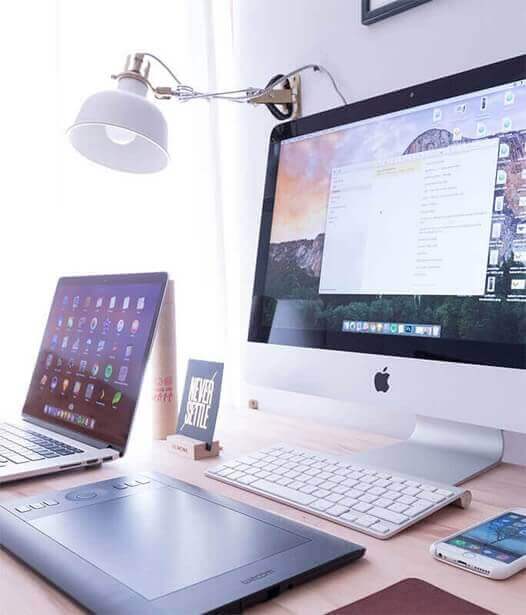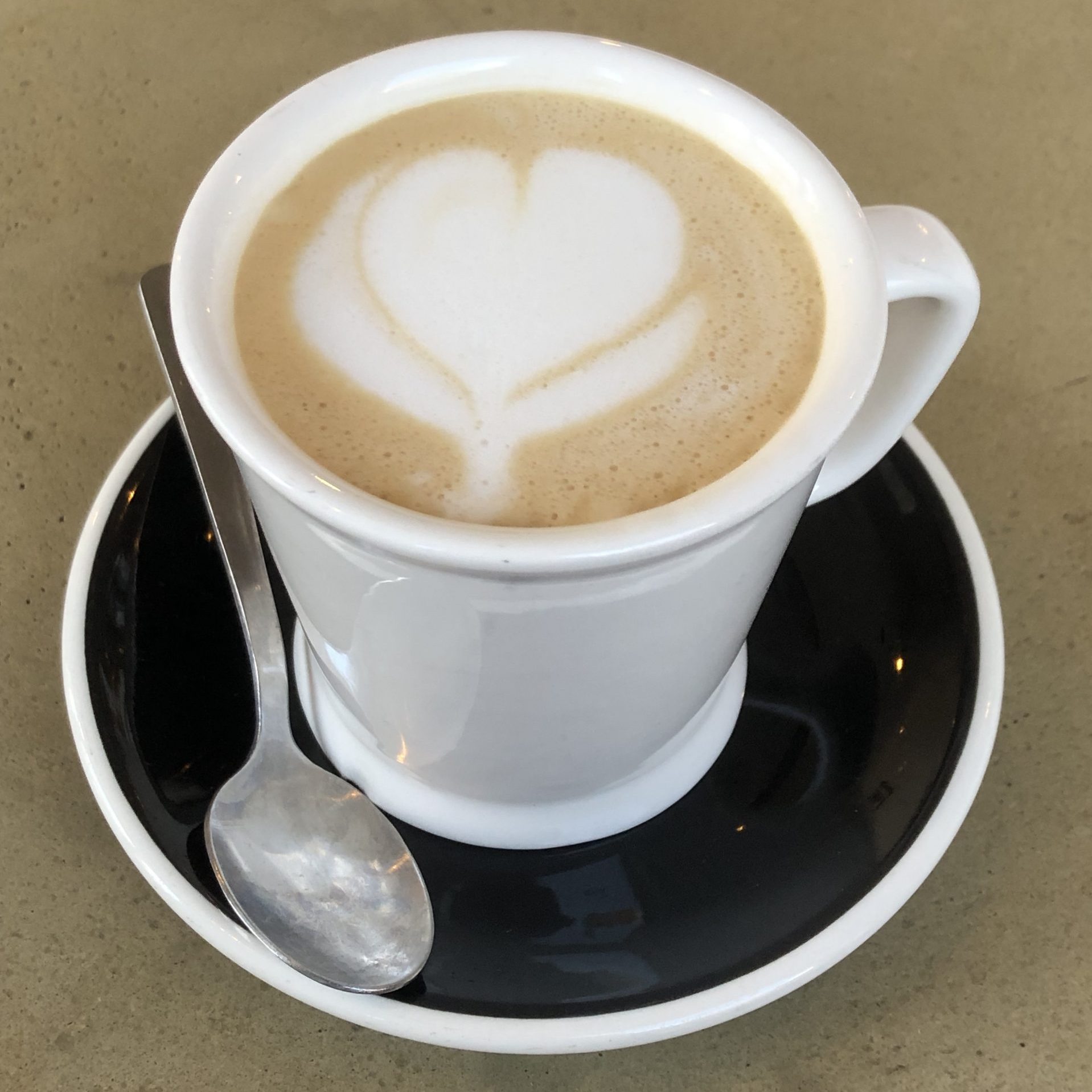Wikipedia Educator
Teaching Wikimedia projects
Co-host of WIkiSalon Online
Digital Projects volunteer
Open to volunteer
Critical Thinker
Treasurer for the Philadelphia Association for Critical Thinking
Other Projects
Other projects TBD
About us
Enjoy the best design and functions combined together
Lorem ipsum dolor sit amet, consectetur adipisicing elit, sed do eiusmod tempor incididunt ut labore et dolore magna aliqua. Ut enim ad minim veniam, quis nostrud exercitation ullamco laboris nisi ut aliquip.
A few things we’re great at
Lorem ipsum dolor sit amet, at mei dolore tritani repudiandae. In his nemore temporibus consequuntur, vim ad prima vivendum consetetur.
lorem ipsum
Lorem ipsum dolor sit amet, consectetur adipiscing elit, sed do eiusmod tempor incididunt ut labore.
lorem ipsum
Lorem ipsum dolor sit amet, consectetur adipiscing elit, sed do eiusmod tempor incididunt ut labore.
lorem ipsum
Lorem ipsum dolor sit amet, consectetur adipiscing elit, sed do eiusmod tempor incididunt ut labore.
lorem ipsum
Lorem ipsum dolor sit amet, consectetur adipiscing elit, sed do eiusmod tempor incididunt ut labore.

The secret of success
Lorem ipsum dolor sit amet, consectetur adipiscing elit. Integer iaculis metus eget libero convallis, a sagittis.
Lorem ipsum
Lorem ipsum dolor sit amet, at mei dolore tritani repudiandae. In his nemore temporibus
Lorem ipsum
Lorem ipsum dolor sit amet, at mei dolore tritani repudiandae. In his nemore temporibus
Lorem ipsum
Lorem ipsum dolor sit amet, at mei dolore tritani repudiandae. In his nemore temporibus
Lorem ipsum
Lorem ipsum dolor sit amet, at mei dolore tritani repudiandae. In his nemore temporibus
The secret of success
Lorem ipsum dolor sit amet, consectetur adipiscing elit. Integer iaculis metus eget libero convallis, a sagittis.
Lorem ipsum
Lorem ipsum dolor sit amet, at mei dolore tritani repudiandae. In his nemore temporibus
Lorem ipsum
Lorem ipsum dolor sit amet, at mei dolore tritani repudiandae. In his nemore temporibus
Lorem ipsum
Lorem ipsum dolor sit amet, at mei dolore tritani repudiandae. In his nemore temporibus
Lorem ipsum
Lorem ipsum dolor sit amet, at mei dolore tritani repudiandae. In his nemore temporibus

Portfolio
With the Internet spreading like wildfire and reaching every part of our daily life, more and more traffic is directed to websites in search for information.
Client Testimonials
Dont’t take our word for it – here’s what our clients say:
Do you sometimes have the feeling that you’re running into the same obstacles over and over again? Many of my conflicts have the same feel to them, like “Hey, I think I’ve been here before”

John Doe
Company name
Do you sometimes have the feeling that you’re running into the same obstacles over and over again? Many of my conflicts have the same feel to them, like “Hey, I think I’ve been here before”

John Doe
Company name
Do you sometimes have the feeling that you’re running into the same obstacles over and over again? Many of my conflicts have the same feel to them, like “Hey, I think I’ve been here before”

John Doe
Company name
Join us! It will only take a minute
Our Team
Lorem ipsum dolor sit amet, at mei dolore tritani repudiandae. In his nemore temporibus consequuntur, vim ad prima vivendum consetetur.

Team Member
Job Title

Team Member
Job Title

Team Member
Job Title

Team Member
Job Title
Latest news from our blog
Lorem ipsum dolor sit amet, at mei dolore tritani repudiandae. In his nemore temporibus consequuntur, vim ad prima vivendum consetetur. Viderer feugiat at pro, mea aperiam
contact information
write us or contact us on our social media
Please set the ‘Contact Form’ component shortcode
